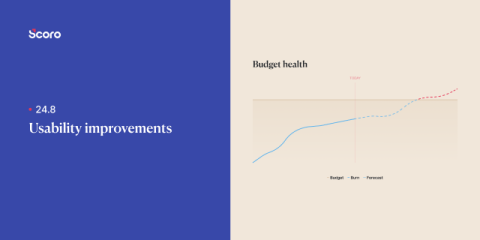Freia Muehlenbein: How to pitch to WIN
Winning pitches is tough. Ghosting has become a common challenge, and even when you win, clients may be commissioning smaller pieces of the project rather than the full program. But that’s only part of the struggle - crafting pitch decks takes a lot of time and energy. Surely there’s a better way than packing slides with your best creative ideas. In this episode we tackle these challenges and introduce a strategic approach to pitching. The focus shifts from pitching tactics to showcasing value and ROI.







